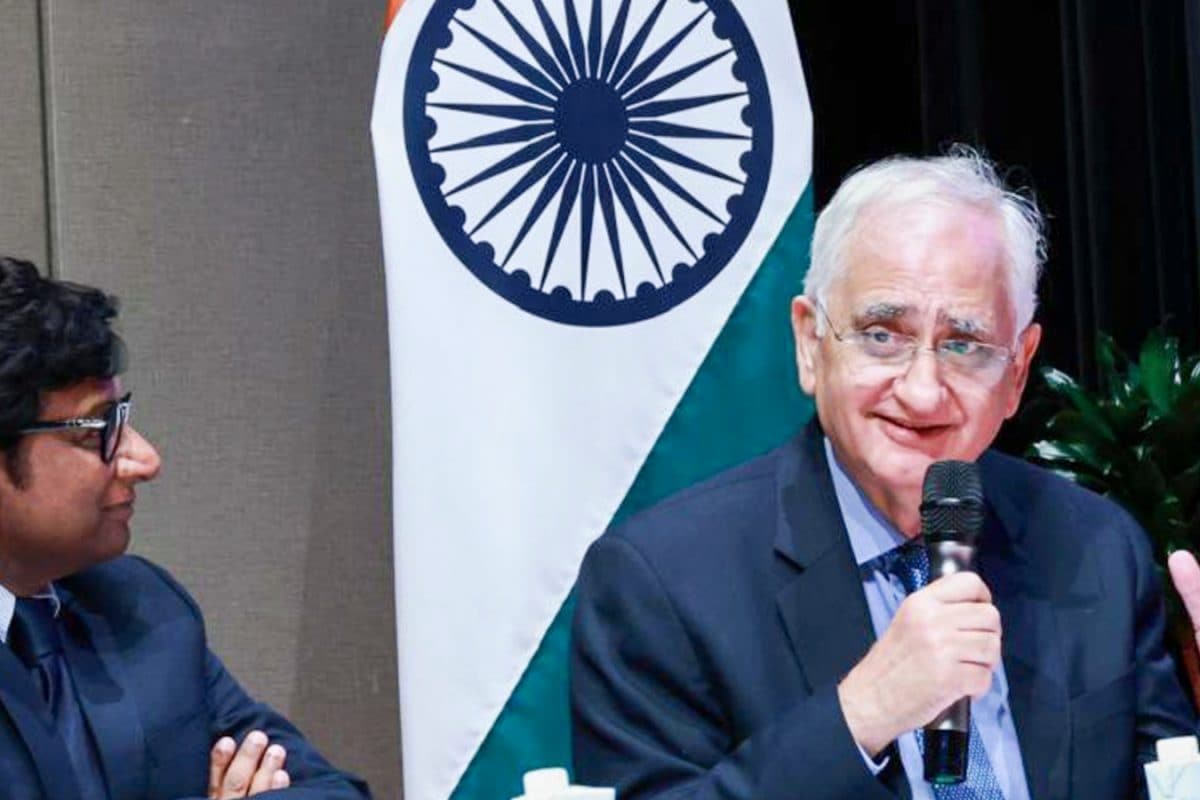

In a surprising turn of events, senior Congress leader Salman Khurshid has lauded the Modi government's decision to abrogate Article 370 in Jammu and Kashmir, acknowledging the "prosperity" that has followed the move. Speaking in Indonesia during an interaction with a delegation, Khurshid stated that the abrogation of Article 370 had "put an end" to the perception of Jammu and Kashmir being separate from the rest of India.
Khurshid, a former External Affairs Minister, is part of an all-party delegation, led by JDU MP Sanjay Kumar Jha, visiting Indonesia, Malaysia, South Korea, Japan, and Singapore to discuss Operation Sindoor and India's position on regional security dynamics. During his address to Indonesian think tanks and academia, Khurshid said, "Kashmir had a major problem for a long time. Much of that was reflected in the thinking of the government in an article called 370 of the Constitution, which somehow gave an impression that it was separate from the rest of the country." He further added, "But Article 370 was abrogated and it was finally put to an end."
The Congress leader highlighted the positive outcomes since the abrogation, including a 65 percent voter participation in subsequent elections, which led to the establishment of an elected government in Kashmir. He argued against any attempts to reverse these developments, pointing to the "prosperity" that has emerged in the region. "Subsequently, there was an election in 65 per cent participation in election. There's an elected government in Kashmir today and therefore for people to want to undo everything that has happened, the prosperity that has come to Kashmir," Khurshid remarked.
Article 370, which was included in the Constitution on October 17, 1949, granted special status to Jammu and Kashmir, exempting it from the Indian Constitution (except Article 1 and Article 370 itself). It also empowered the state to draft its own Constitution, have a state flag, and exercise autonomy over internal administration. The law of citizenship, property ownership, and fundamental rights for Jammu and Kashmir residents differed from those in the rest of India. The Indian Parliament required the state government's approval to apply laws in the state, except in matters of defense, foreign affairs, finance, and communications. Furthermore, Article 370 restricted citizens from other states from purchasing property in Jammu and Kashmir.
On August 5, 2019, the Indian government revoked Jammu and Kashmir's special status granted under Article 370, paving the way for its division into two union territories: Jammu and Kashmir, and Ladakh. The revocation was accompanied by the deployment of security forces, communication restrictions, and the detention of several Kashmiri politicians.
Khurshid's recent statements mark a significant shift from his earlier stance on Article 370. In 2019, he had stated that Article 370 was not a barrier but a bond that linked India to Jammu and Kashmir. He argued that it paved the way for Jammu and Kashmir to remain within India, accommodating the state's unique identity and reservations regarding administrative issues.
The BJP has welcomed Khurshid's changed perspective, emphasizing the positive changes and increased prosperity in the region following the revocation. However, the Congress party, which was in alliance with the Omar Abdullah-led government in Jammu and Kashmir, had previously passed a resolution seeking the restoration of Article 370. The BJP reacted sharply to this, asserting that the article would not be reinstated under any circumstances.
The Supreme Court of India has also upheld the revocation of Article 370, stating that the article was a temporary provision and that the President had the power to revoke it. The court has directed the government to hold elections in Jammu and Kashmir before September 2024 and restore the region's statehood at the earliest.